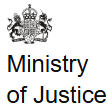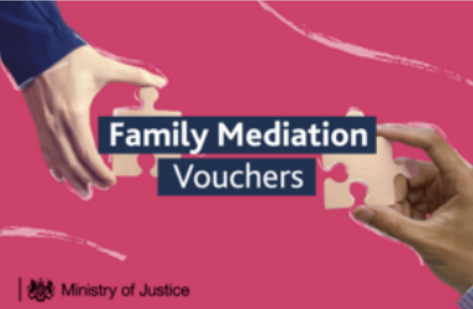Family mediation in the UK is a voluntary and confidential process that helps separating couples resolve disputes without going to court. It offers a structured and supportive environment where both parties can work together to reach practical agreements about children, finances, property an more. At Brighter Future Mediation, we help families navigate change with clarity, compassion, and confidence.
Control and collaboration
One of the most significant benefits of mediation is that it puts decision-making in your hands. Unlike court proceedings, where a judge decides the outcome, mediation allows both parties to explore options and reach agreements that work for them. This collaborative approach encourages mutual understanding and helps reduce conflict.
Confidentiality and privacy
Mediation is a private process. Everything discussed remains confidential and cannot be used in court unless both parties agree. This confidentiality is protected by the Family Mediation Council’s Code of Practice and is a key reason why many people feel safe discussing sensitive issues in mediation.

Faster resolution
Mediation is typically much quicker than going to court. Most cases are resolved within a few weeks, compared to monthly or even years in litigation.
Cost-effective
Mediation is significantly more affordable than court proceedings. You pay for one mediator instead of 2 solicitors and we charge £99-£150 per person per session. Legal representation in court can cost £250 to £500+VAT per hour, per person and requires a lot more time.
Eligible families may also benefit from the government’s £500 voucher scheme for child-related mediation.
Flexibility and tailored solutions
Mediation is a flexible process that can be adapted to suit your family’s needs. Sessions are held online, and the structure of the process can be tailored to the complexity of your situation. Whether you’re discussing parenting arrangements, financial settlements, or property division, mediation allows space for creative and personalised solutions.

Child-focused outcomes
Mediation helps parents prioritise their children’s needs. It provides a safe space to discuss parenting plans, contact arrangements, and long-term goals. Research shows that children benefit when parents work together to resolve disputes, and mediation supports this by encouraging respectful communication and shared decision-making.
Legally recognised agreements
While mediation agreements are not automatically legally binding, they can be formalised through a consent order. This gives the agreement legal weight and ensures it can be enforced if necessary.
Your mediator will guide you through the process and help you access legal support if needed.
When to consider mediation
You can try mediation at any stage—whether you’ve just separated or are already involved in court proceedings. In most cases, you’ll need to attend a mediation information and assessment meeting (MIAM) before applying to court. This meeting helps determine whether mediation is suitable for your case.
If both parties attend a MIAM, three out of four choose to go on to mediate, even if they were initially unsure about the process. Mediation is not suitable for every situation, but it is often the most constructive and cost-effective way to move forward.

Take the first step
If you’re facing separation or family conflict, mediation can help you find a way forward. Contact Brighter Future Mediation to book your MIAM and explore your options. We’re here to support you in building a future that works for everyone involved.
















A very insightful perspective on the matter.